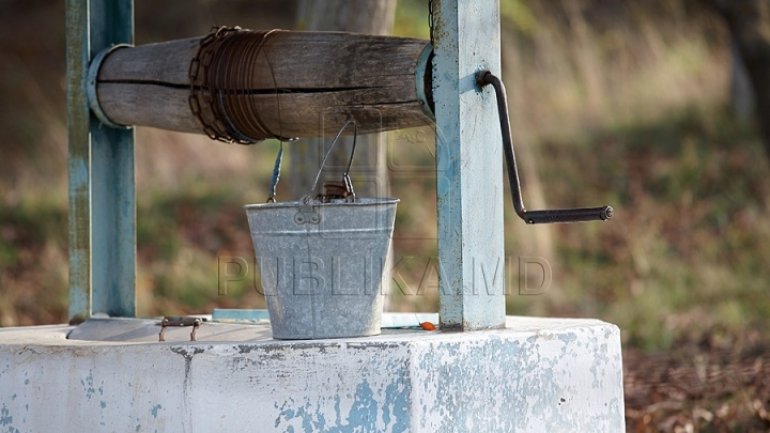Wells of many villages from Soldanesti have dried up

The citizens of many villages from Soldanesti don't have drinking water. Even if the mayors evolved the necessary projects, they can't afford the costs. In the past years, 30% of the wells from Pohoarna have dried up.
"We hoped. We connected the gas, but it didn't help. They dig. We broke the roads in vain, we still don't have water", said a resident of Pohoarna village.
1 800 other residents are in the same position:
"We use it with measure. When we notice the level of the water from the well decreases, then we use smaller quantities of it."
"It is a big problem. We hope somebody will help us and will fund us, we want to solve this problem."
Two years ago, the authorities of Pohoarna village obtained two million lei from the National Ecology Fund and the works started. The works were stopped, because the City Hall doesn't have the required budget. The construction of the sewerage requires seven million lei.
"The villagers will contribute financially to the sewerage construction, the Regional Council will provide us with 300 thousand lei. But, anyway, the problem is still unsolved", said Andrei Bulat, the mayor of Pohoarna village.
The water is a luxury for the villagers of Cotiujenii Mari village, too. "The wells had dried up in the whole village."
The City Hall requires 62 million lei for a sewerage and an aqueduct. The authorities say they sent the documents to the National Fund for Regional Development of the Environment Ministry.
"We are waiting for 2018 year to begin. They promised us they will partially fund us, because this is a very expensive project, it costs 26 million lei", said Nicolae Doroban, the mayor of Cotiujenii Mari village.
The representatives of Agriculture Ministry and the Environment Ministry say the project will be analyzed first, to avoid any frauds.
"The way of implementing the projects has changed. The implementing of the projects leaded to the reduction of their importance and the quality of the implementing was not the expected one", said Iurie Usurelu, general secretary of the MADRM.
Last year, over 15% of the villages were connected to an aqueduct.